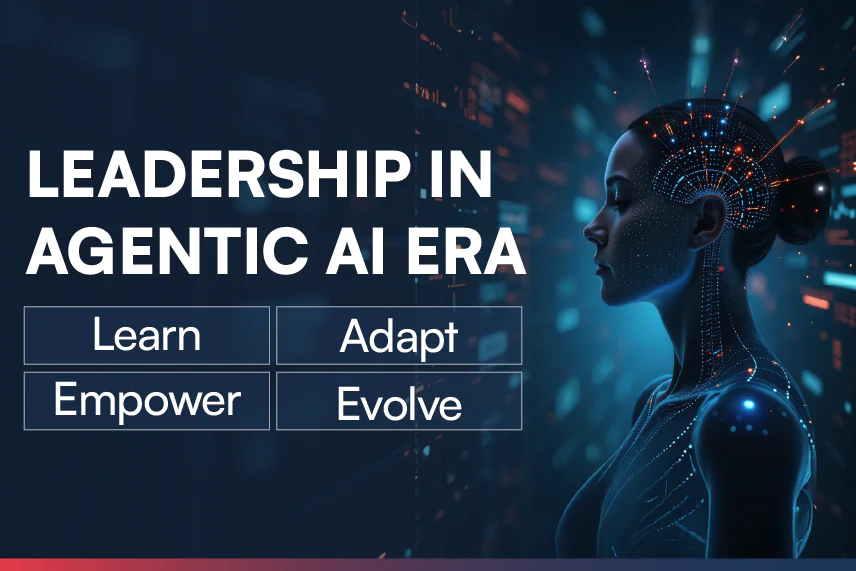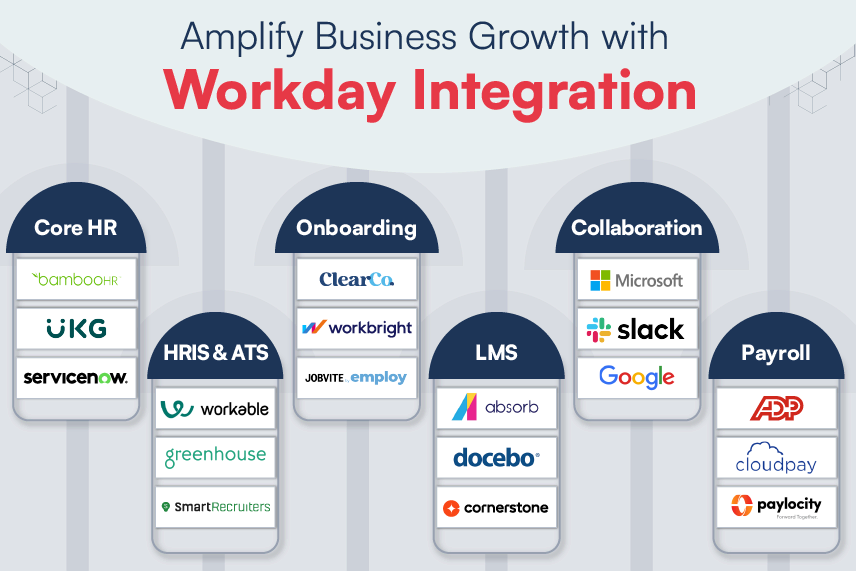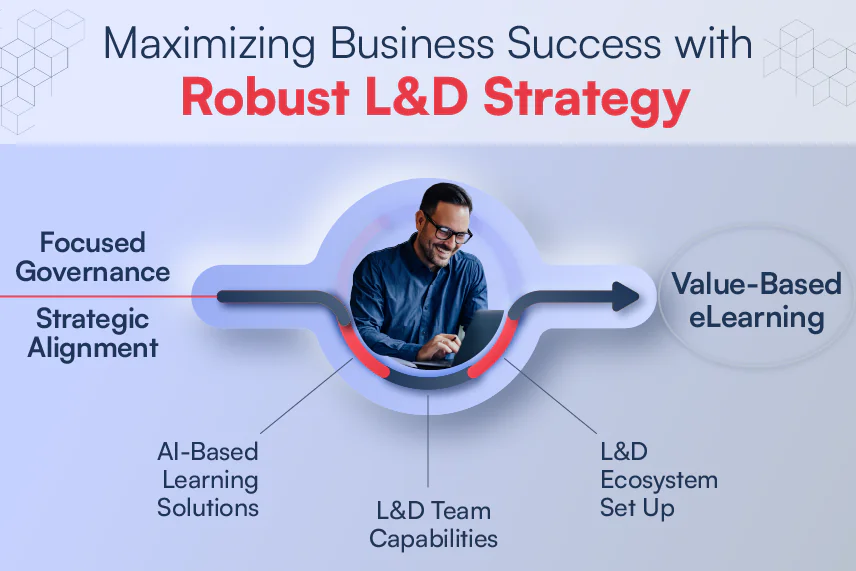
AI in assessment isn’t a new trend, but it is growing rapidly. Today, AI-driven education is significantly reshaping learning landscapes from personalized curricula and automated administrative tasks to data-driven insights and interactive experiences.
As we find ourselves in an exhilarating era of education technology, we understand that our lives are already embedded with AI in some form or the other. Be it using AI-based automation to reduce mundane tasks or chatbots built for 24X7 support.
But are we aware of the full capacity of this transformational technology? Well, there is no question that we are amid a massive shift with the new generation of AI, and the education spectrum is no exception.
What is AI in Higher Education?
From personalized learning experiences to smart generation of bite-sized content based on learner needs and evaluation, AI in education has changed the way we learn and teach. So, whether learning with virtual assistants or strategizing learning based on analytics, AI in education is truly impressive.
Given the potential, EdTech companies are now focusing on delivering personalized learning experiences, identifying skills gaps, and a lot more by leveraging AI in the system. Today, the blend of AI and education has given birth to a whole new concept of learning that has a plethora of applications.
99.4% of the 509 higher education institutions in the US covered under the IDC report believe that AI will play a crucial part in their competitiveness in the next few years.
In the real world, there are many priorities in education that still need to be met. To bridge this gap, educators often seek technology-based approaches to address these priorities that are safe, effective, and scalable.
AI in education has endless potential and can work towards elevating learner experience like never before. AI in assessment is one of the best examples to look at. AI-driven assessments offer a glimpse into the future of education, where innovation and creativity are nurtured alongside academic excellence.
According to a study by Knewton, students who used AI-powered adaptive learning programs saw a 62% rise in test scores.
Unveiling AI in Assessment and Evaluation
AI in assessment and evaluation are intricately linked by their shared goal of leveraging technology to enhance the process of gauging and understanding learning outcomes. Both applications harness the power of AI to streamline, optimize, and innovate traditional educational measurement methods.
In assessment, AI-driven tools automate grading, provide instant feedback, and adaptively tailor questions to skill levels of individual students. This promotes personalized learning experiences, reduces teachers’ administrative burden, and offers insights into student performance trends.
Similarly, AI in evaluation encompasses broader educational contexts, including program effectiveness, teaching quality, and institutional accreditation. By analyzing vast amounts of data, AI identifies patterns, anomalies, and correlations that aid decision-making and improvement strategies.
AI is increasingly being employed in the assessment and evaluation processes across various educational institutions. The integration of AI in assessment and evaluation methods can revolutionize how the progress of students is mapped and improved. It may also significantly impact the overall learning experience.

How Does AI in Assessment Work?
The role of AI in education is becoming more evident with each passing day. One area where AI has already made an unwavering impact is in the realm of evaluation and assessment. By far, grading or evaluating students was a cumbersome and time-consuming task, likely error-prone. On the other hand, using AI in assessments is potentially changing the way evaluations are done, making it faster, error-free, and personalized.
6 Advantages of AI in Assessment
AI-enabled assessment and grading can have a positive impact on education. With AI-powered assessments, the learning experience can be personalized for students and educators. It can also save time, ensure accuracy, and eliminate the need for manual grading.
According to NutMeg Education, teachers spend almost 300 hours per year grading outside the classroom. According to a survey conducted by EdWeek Research Center, out of the 54 hours teachers work in a week, only less than 27 hours are spent directly on teaching. To help teachers spend more time on student interaction and strategic tasks, deploying AI in assessment and evaluation can be a crucial move.
Listed below are the top 6 advantages that give AI in assessment a competitive edge against the traditional grading and evaluation system.
1. Personalization
Unlike the traditional evaluation model that works on the one-size-fits-all principle, leveraging AI’s potential in assessments operates with different proficiency levels. The unique AI-based assessment for each learner helps develop questions and tests based on learner understanding, skills, capabilities, and more. Such an approach makes a significant difference, as everyone is not evaluated on universal parameters.
2. Instant Feedback
Instant feedback stands as a pivotal advantage of AI in assessment. By swiftly analyzing responses, AI provides students with immediate insights into their performance, determining strengths and areas needing improvement. This real-time guidance empowers learners to rectify errors promptly, reinforcing learning and boosting confidence.
Moreover, educators gain a better understanding of student’s comprehension levels, enabling timely interventions and tailored instructional adjustments. This cycle of rapid assessment and feedback cultivates an active learning environment, where students actively engage with their educational journey, continually refining their skills and knowledge based on insightful AI-guided assessments.
3. Gamification of Assessments

One of the key benefits of using AI in assessment is its ability to help innovate and create newer and interesting evaluation methods. For example, the use of natural language processing or LLMs to generate novel questions and hypotheses makes the entire experience quite interesting.
Additionally, using game mechanics to enhance interest levels and have the learner keep coming back to keep a check on the learner’s knowledge quotient or challenge oneself to do better is the primary benefit of gamification of assessment.
Additionally, the potential of AI in assessment can also be leveraged to deliver instant feedback, improve the quality of assessment data, and boost the frequency of assessments.
Want to learn how to implement Generative AI-based content curation and assessment creation? Join our upcoming Power Hour on “How Generative AI is Transforming Teaching in Higher Education.
4. Accessibility
AI in assessment offers enhanced accessibility by enabling remote participation and accommodating diverse learning styles and physical abilities. With AI, students can undertake assessments from the comfort of their own spaces, eliminating geographical constraints. Moreover, AI-driven assessments can be tailored to different learning preferences, providing visual aids, auditory cues, or interactive elements as needed.
This inclusivity extends to students with physical limitations, as AI assessments can be designed for compatibility with assistive technologies, ensuring equitable participation. In essence, AI transforms assessments into versatile tools that transcend traditional boundaries, making learning more inclusive and adaptable to individual needs.
5. Automation
Human interaction has played a crucial role in creating and delivering learner evaluations that demand a large chunk of the educator’s time and effort. On the other hand, AI in assessment automates the process, reducing human intervention to the bare minimum and saving time for more strategic tasks. AI-driven tools are trained in aspects such as curation of assessments that can accurately evaluate performance, maintain scores, and deliver results.
6. Variety in Assessment
This particular benefit adds variety to the standard format of assessment. AI in assessment facilitates various evaluation methods, catering to different learning styles and preferences. From automated grading for objective questions to analyzing multimedia submissions and even evaluating real-time problem-solving through simulations, AI in assessment offers a versatile package that has the potential to enhance the accuracy and efficiency of assessments in education.
Parting Thoughts
AI in assessment can bring dynamic change to education. Considering the volume of work on an educator’s to-do list, they continue to struggle with optimum use of time. Many teachers want to spend more time interacting with students and focus on overall development. This is where AI in assessment can be a game changer and free up educators’ time for more constructive and innovative tasks.
Embracing AI in assessment opens exciting possibilities for a more efficient, effective, and engaging educational landscape, empowering both students and educators to thrive in this exhilarating era of education technology. As we move forward, it is essential to explore and leverage the full capacity of this transformational technology to shape a brighter future for education.
If you want to explore how implementing AI in assessment can make a difference to your higher education institute, write to us at contact@harbingergroup.com.






